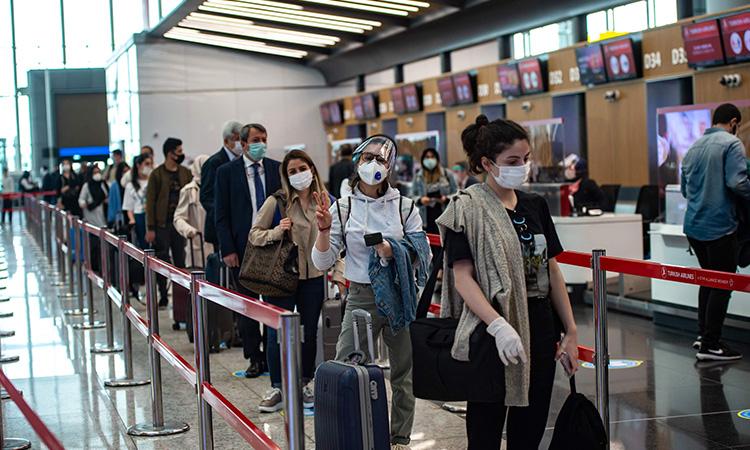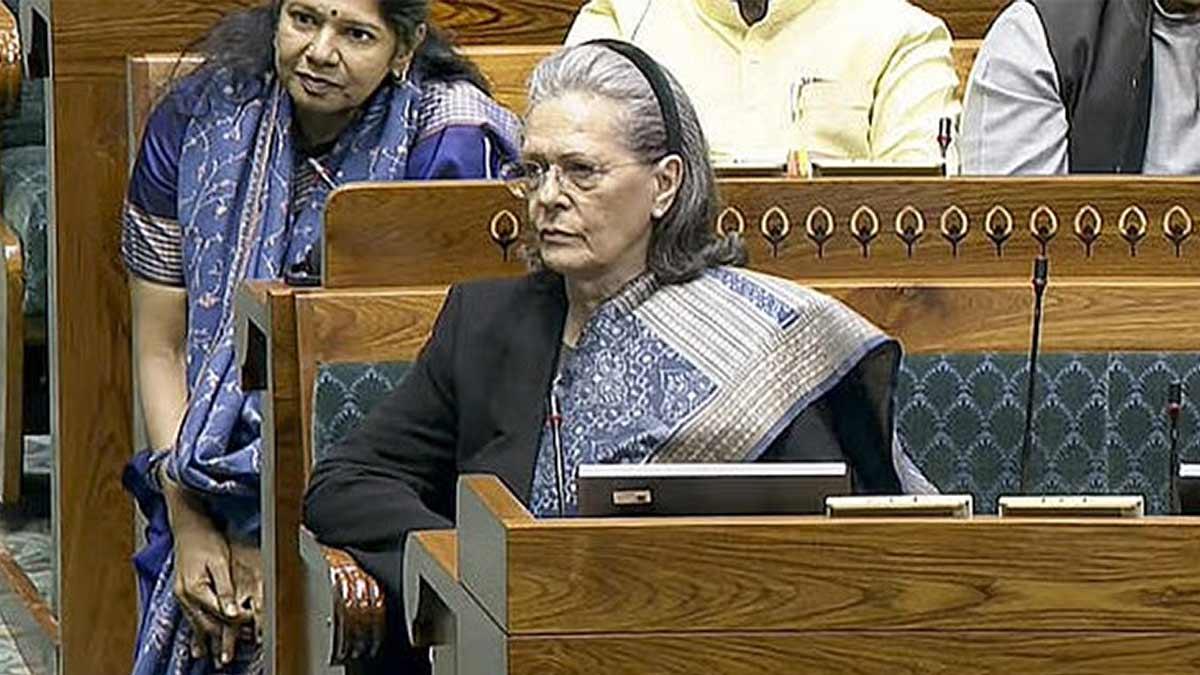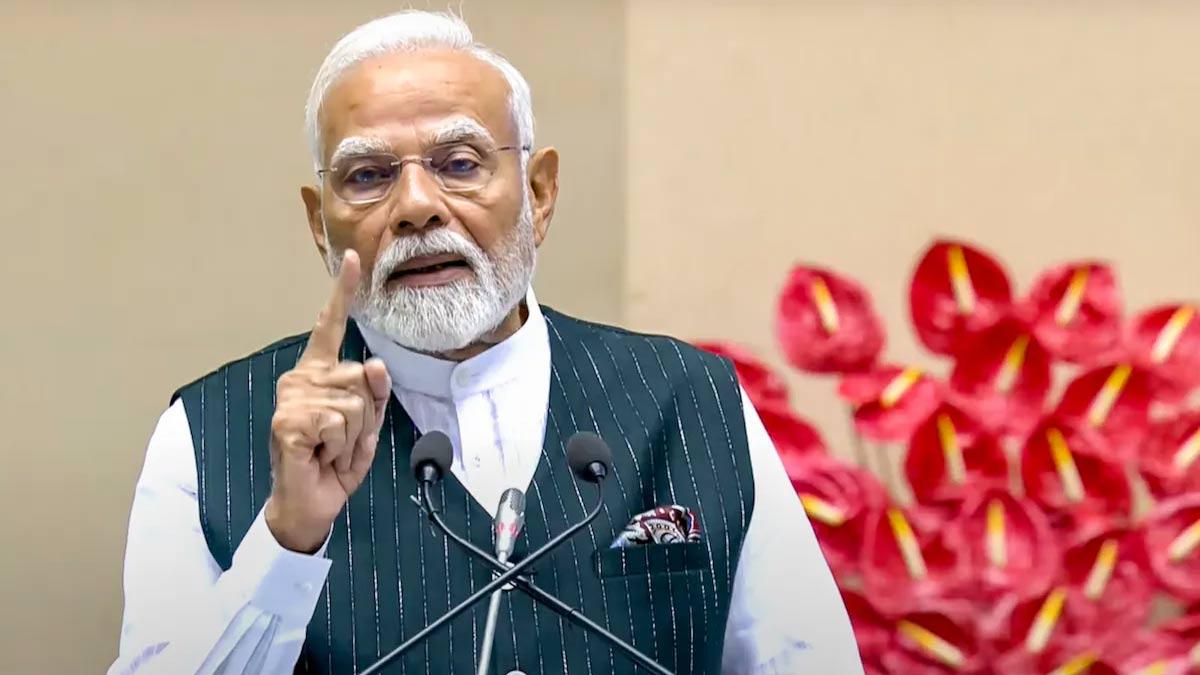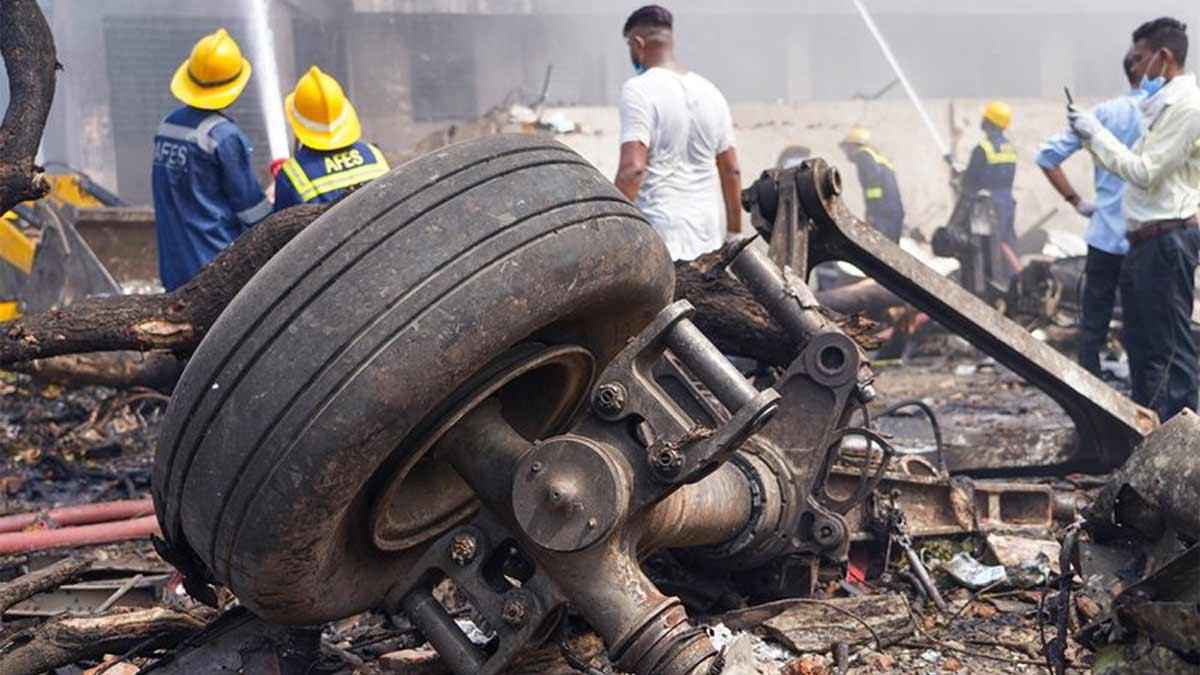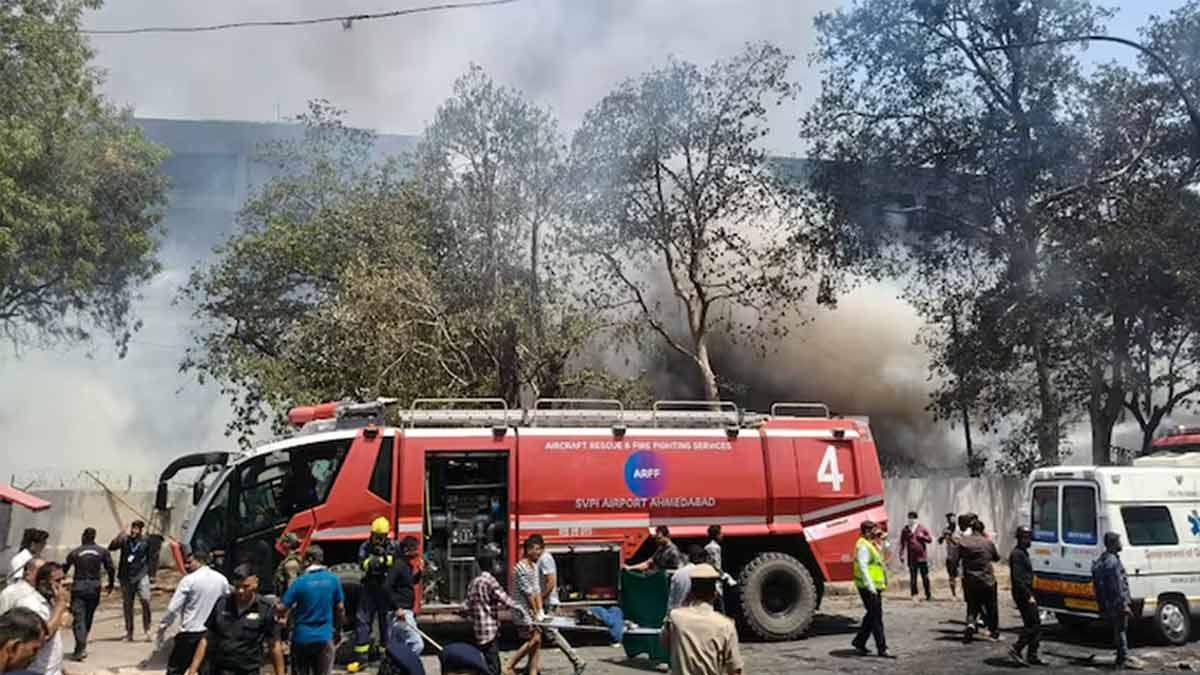The Govt. on Tuesday assured that there is no reason for panic, noting that the new strain of the novel coronavirus has not been seen in India.
The Union Ministry of Health and Family Welfare also released detailed standard operating procedures (SOPs) for states regarding travellers from the UK who arrived in India over the past month, which includes carrying out genome sequencing in case of positive samples.
“The Indian government is watching closely. We are fortunate that our country has robust laboratories. From the start of the pandemic itself, we are isolating the virus; we have systematically studied the genomic behaviour of more than 1,000 virus samples. We have closely examined the mutations. So far, we have not found any signal (of the presence of the UK variant),” said Dr V K Paul, Member, NITI Aayog.
“Also, until now, according to scientists, the most important thing is that despite this mutation, there is no negative impact on all the vaccines that are being developed in India,” he said.
"All the samples collected recently in the laboratories that conduct genetic sequencing have been prioritised since Monday. “This is being done in a much more extensive manner and at a faster pace. CSIR, ICMR and DBT are working together,” he added.
Union Health Secretary Rajesh Bhushan said the country’s premier labs would carry out the genome sequencing of the samples picked up from airports as well as Covid-positive patients with recent travel history to the UK.
.Bhushan said the state-wise passenger manifest of flights from the UK which landed at various airports in India from November 25 to December 23 will be conveyed by the Bureau of Immigration to the state governments.
“Passengers who have arrived from the UK recently in different parts of the country will be contacted; we will examine if they have experienced any clinical issues. We will ascertain how many of them have been infected and examine if there is anything usual. If the infection is active, we will collect the specimen and genomic sequencing will be conducted,” said Paul.

